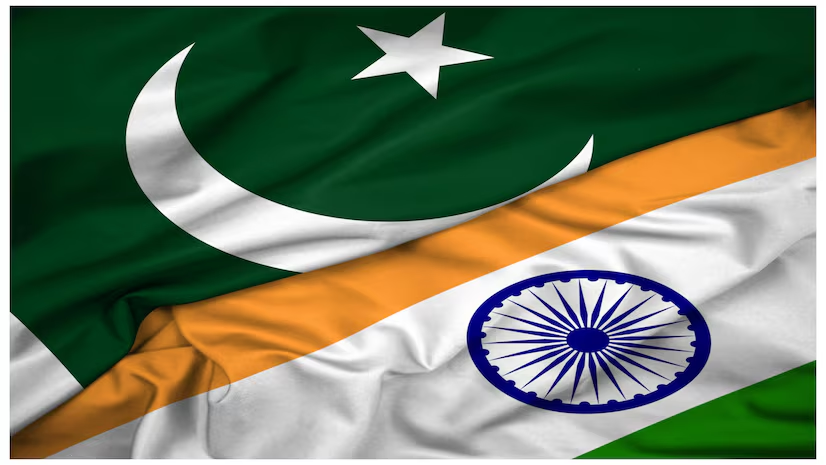Indus Waters Treaty: India Halts Water Sharing with Pakistan Following Terror Strike
In a dramatic escalation after a deadly terrorist attack in Pahalgam, Jammu & Kashmir, the Indian government has announced the immediate suspension of the Indus Waters Treaty (IWT)—a landmark 1960 agreement that governs water distribution between India and Pakistan.
Key Developments




(Indian security forces comb Pahalgam after the terror strike that triggered the crisis.)
Why Suspending the Indus Treaty Is a Game-Changer
1. What the Treaty Normally Guarantees
-
Pakistan gets 80% of Indus basin waters (Indus, Jhelum, Chenab).
-
India controls 20% (Ravi, Beas, Sutlej) but rarely restricts flow.
2. India’s New Measures
-
Diverting Eastern Rivers: Water redirected to Punjab & Rajasthan.
-
Reviewing Western River Projects: Fast-tracking dams on Jhelum/Chenab.
-
Legal Justification: Cites Article XII of IWT, allowing “exceptional measures.”
3. Impact on Pakistan
-
Agricultural collapse: Punjab’s farms rely on Ravi-Sutlej waters.
-
Drinking water crisis: Lahore & Karachi face shortages.
-
Economic blow: Hydropower generation drops, worsening energy crisis.
Pakistan’s Response: Diplomatic Fury & Threats
-
Foreign Office condemns India’s move as “an act of war.”
-
Approaching UN/ICJ: Urgent appeals to international bodies.
-
Military alert: Troop movements along LoC reported.
(Protests erupt in Pakistan as Indus water suspension threatens livelihoods.)
Global Reactions & Strategic Implications
1. U.S. & EU Urge Restraint
-
Call for dialogue, but no direct condemnation of India.
-
China’s stance: Silent so far; CPEC projects in Pakistan at risk.
2. Risk of Escalation
-
Water wars precedent: First time IWT suspended in 64 years.
-
Nuclear dimension: Both nations have weaponized resources (water vs. terrorism).
3. India’s Endgame
-
Pressure Pakistan to act against terror groups like Jaish-e-Mohammed.
-
Permanent renegotiation of IWT for favorable terms.
What Happens Next?
| Scenario | Probability | Outcome |
|---|---|---|
| Pakistan cracks down on terror | Low | India restores partial flow. |
| ICJ intervention | Medium | Temporary halt to suspension. |
| Full-scale water war | High Risk | Regional humanitarian crisis. |
Conclusion: A Dangerous New Phase
India’s suspension of the Indus Treaty marks a hardline shift in leveraging natural resources against cross-border terrorism. With Pakistan’s survival at stake, the world watches nervously as water becomes the newest battlefield in South Asia.
Final Warning:
“When rivers run dry, nations bleed—this is no longer just about Kashmir, but survival.”

